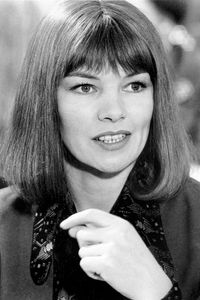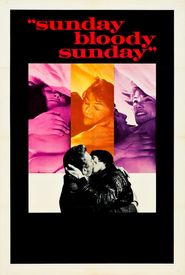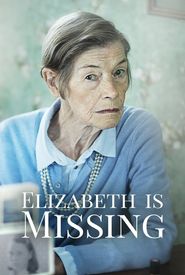Glenda Jackson is a renowned British actress and politician who rose to fame from humble beginnings. Born in Birkenhead to a working-class family, her father was a bricklayer and her mother a cleaning lady. She attended the prestigious Royal Academy of Dramatic Art (RADA) at 18 and quickly gained recognition for her impressive performances.
Jackson's breakthrough role came in the 1967 film Marat/Sade, where she stole the show and became a member of Britain's A-List. She won an Academy Award for Best Actress for her role in Women in Love (1969) and went on to star in several successful films, including Sunday Bloody Sunday (1971),Elizabeth R (1971),and A Touch of Class (1973).
Despite her success in film, Jackson continued to impress with her performances in television, including a memorable skit as Queen Cleopatra in The Morecambe & Wise Show (1968) and a cameo appearance in The Boy Friend (1971). She also starred in several stage productions, including an adaptation of "Separate Tables" and the play "Women in Love".
In the 1970s, Jackson's marriage to Roy Hodges fell apart, but she continued to focus on her career, appearing in films such as The Romantic Englishwoman (1975),The Incredible Sarah (1976),and House Calls (1978). She also made a successful comeback in the comedy House Calls (1978) and re-teamed with Walter Matthau in Hopscotch (1980).
In the 1980s, Jackson's film career slowed down, but she continued to act in television, including a critically acclaimed performance in the TV biography Sakharov (1984). She also became more focused on public affairs, growing up in a household that was staunchly supportive of the Labour Party.
In 1992, Jackson ran for Parliament and won a slim margin in the seat of Hampstead and Highgate. She became a Junior Transportation Minister in 1997 and was critical of some of Prime Minister Tony Blair's policies. She ran for Mayor of London in 2000 and lost, but won the nomination again in 2005, although she lost the election to Ken Livingstone.
Jackson continued to serve in Parliament until 2015, when she decided not to seek reelection. She was succeeded by Christopher Philp, a Conservative Party member who had been her opponent in 2010.

































































